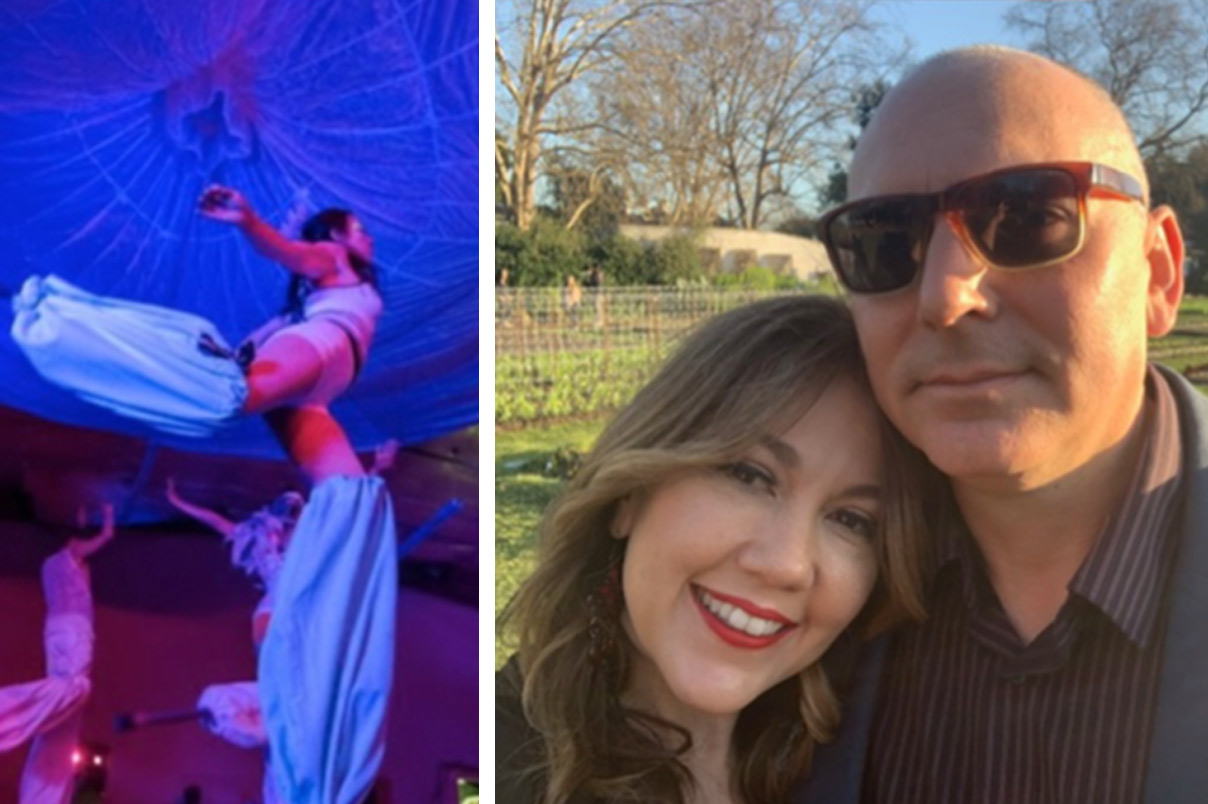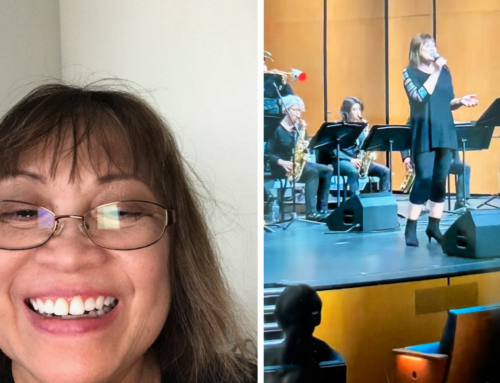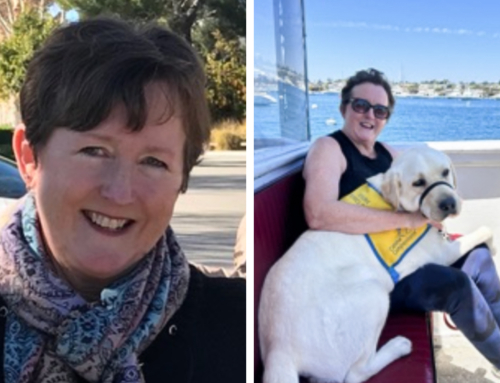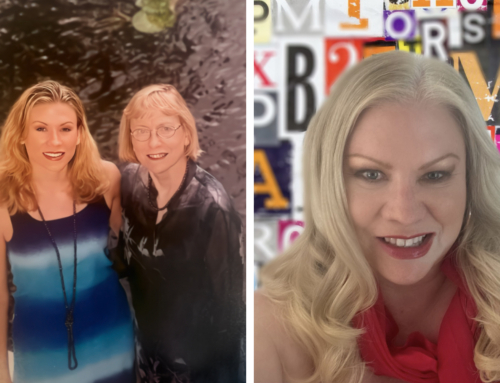“My biggest advice for other women diagnosed with DCIS is to slow down long enough to research and truly understand your options. You have time for a second opinion. You have time for genetic testing. You have time for the DCISionRT molecular test. You must be your own advocate, make sure your opinions are heard, and not be overly pressured to just go along with the doctor’s recommendation.”
Alicia, a 47-year-old mother of 4 kids (2 in college and 2 at home), leads a very interesting, busy life. When she is not chauffeuring her 2 kids to soccer practice and games, Alicia loves to exercise – yoga and pilates. She is part of a dance troupe, and participates in circus art, including stilt walking at local festivals! “I am also a nurse although I’m not practicing right now. So, taking care of myself and my family and friends is a big part of who I am. I like to read and research and stay on top of what’s happening in the medical industry so I can help others.”
“I’ve always been healthy. I thought that if I put in the work now and exercised and ate good food, I could reduce the chance of spending money on medications and doctor appointments down the road. Honestly, I was a bit angry when I received a diagnosis of DCIS. That wasn’t how things were supposed to go.”
“When I was in my early 40s, along with my primary care doctor, I decided to wait a year or so before I got my first mammogram. She said, ‘you take care of yourself, you’re low risk, you don’t have a family history and there are risks of a false positive’. And then COVID hit so I was forced to wait even longer.”
“I do have dense breast and my mom had warned me that she often was called back for additional images due to dense breasts. So, when I was recalled after my first mammogram, I wasn’t too surprised. I went back in for special views and the doctor told me that I had calcifications and I needed biopsies. Next, I received a call and the doctor said that I had ductal carcinoma in situ (DCIS).”
“I was in disbelief. Should I get a second opinion? Did they make a mistake? From that point on I felt like I had jumped on this fast-moving train. People were calling me for appointments left and right. I had an MRI. I saw a breast surgeon who – based on the -size and grade of my DCIS – strongly recommended that I get a mastectomy. In fact, she suggested that I have both breasts removed for symmetry and to avoid needing any radiation or tamoxifen. That is when I went from disbelief to shock! I couldn’t believe such an aggressive treatment for a non-invasive cancer.”
“I jumped into researching everything about DCIS online. DCISionRT from PreludeDx kept popping up. In a bizarre twist of events, I ran into a friend of mine and asked her if she knew anything about this DCISionRT test. She said, ‘Alicia, that is where I work!’. At that point, everything sort of fell into place. I felt like I was on the right track and really appreciated the opportunity to talk to somebody who understood my situation and could help me map things out.”
“I scheduled a second opinion with Dr. Anne Peled and coordinated with her office for the DCISionRT test. I selected Dr. Peled because she is a breast surgeon who specializes in reconstructive and plastic surgery. That way, if I did need to move forward with a mastectomy, I could have Dr. Peled do a nerve sparing procedure.”
“Dr. Peled had my DCISionRT results at my appointment. She said, ‘You have a low DCISionRT Score, so I don’t think you need a mastectomy or radiation therapy. We can do a lumpectomy for surgery.’ My DCISionRT score was 0.9 and my total risk over 10-years of my DCIS recurring, or developing into invasive breast cancer was 6% without radiation and 5% with radiation. I was so relieved to hear this. The other surgeon made me feel like I was high risk solely due to the size of my tumor.”
“After my lumpectomy, my margins are clear, and the surgeon is confident that everything is good to go. I just need to heal. I am so grateful for Dr. Peled and the DCISionRT test. I really didn’t want radiation and I certainly didn’t want a mastectomy.”
“My biggest advice for other women diagnosed with DCIS is to slow down long enough to research and truly understand your options. You have time for a second opinion. You have time for genetic testing. You have time for the DCISionRT molecular test. You must be your own advocate, make sure your opinions are heard, and not be overly pressured to just go along with the doctor’s recommendation. There are a lot of pieces to the puzzle, but I would say that DCISionRT is one of the biggest pieces.”






